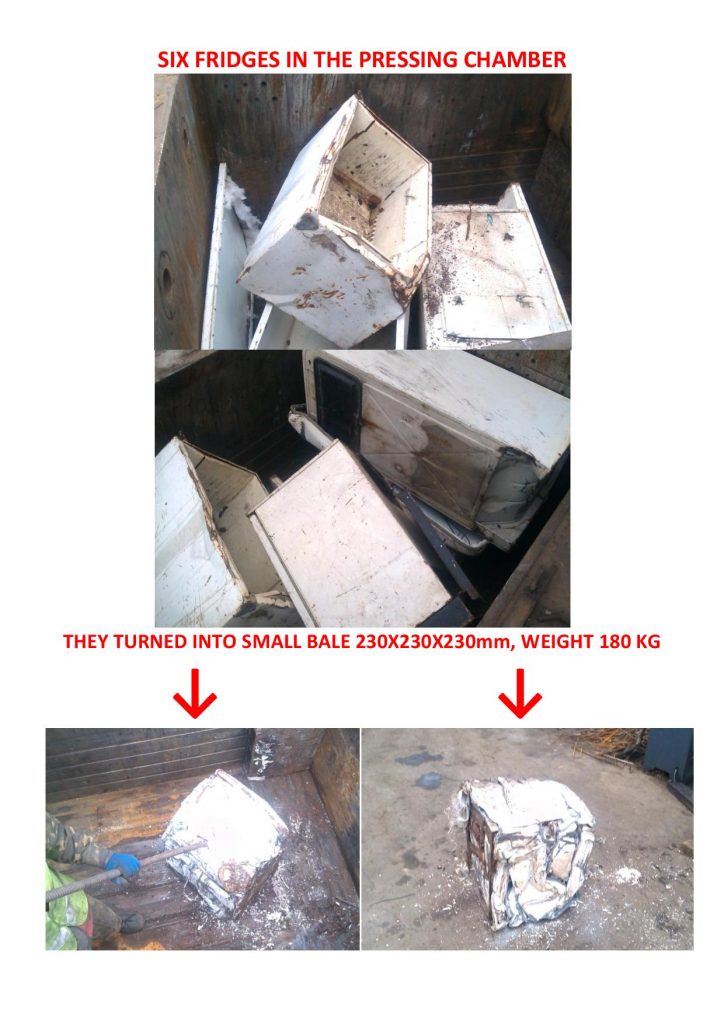Черновик
In recent months, Georgia has risen sharply scrap, while simultaneously reducing the quantity of despite the 50% increase in cost, scrap collectors claim that it is still not enough.
According to recent reports, 1 kg. of scrap metal at collection points is 38 tetri, Sami collectors pay wishing to sell unwanted metal product, pay 25 tetri. Collection points talk about the problems faced by this business in recent years.
As it turned out, most collectors have already ceased their activities as a company engaged in the collection and export of scrap metal have changed the profile and now on to something else.
Years go by, and stocks of scrap depleted. Just a few months ago scrap was to hand over on points of reception for 20 tetri, while the cost of 1 ton was 200 gel. This year, the situation has changed dramatically, and scrap have risen in price because of shortages.
According to the assemblers, compared to last year to find scrap metal has become more difficult, and this is immediately reflected in prices.
"The amount of scrap has decreased significantly. In the past year, we have a week in one district of Tbilisi could collect hundreds of pounds, but now everything has become much more difficult," they say.
The business is losing popularity, which many points of reception curtailed their activities.
According to the company "Georgia West management", it is now much more profitable to collect waste paper.
"We worked for many years in the business of collecting scrap metal. There were times when we got a good income, but in the last few months we had to change the profile, and we are now fully focused only on collection of waste paper. Despite the fact that the scrap has risen, to assemble it has become much harder. We decided it would be better to develop in a different direction than working at a loss," the company said.
One of the reasons for reducing the amount of scrap, a decline in the number of unusable appliances that the population is relegated to the scrap. In addition, the gradually depleted scrap from the Soviet times – the remains of industrial enterprises, improper equipment, unfinished and abandoned government facilities, etc.
In the 90-ies and the early 2000's scrap was the main export product of Georgia this is indicative not only of the extreme weakness and lack of development of the economy in that period, but also on a large number of scrap – mostly large enterprises of the Soviet period that were privatized, especially in order to sell them for scrap.
Scrap collectors claim that their business is threatened with extinction.
"We go from district to district, and so collect the scrap. Sometimes during the day you have to go around almost the whole of Tbilisi. And this is due to the cost, besides a lot, just the fuel for the car is worth. In fact, even in the best case, we earn money only for food. And even then not always. Basically we collect the unusable and outdated equipment, gas stoves, refrigerators, and other damaged items. We buy them for 25 tetri kilogram," say the builders.
According to them, early each day, they were able to collect a ton, and now even 500 kg – is a great success.
"Work without rest, without holidays, without Saturday and Sunday, but almost no income we have no choice. The business is on the verge of extinction, and probably will soon cease to exist. Many of those who were engaged in this business, get good profit, but now things are so bad that they walked away from this case," say the collectors of scrap.

